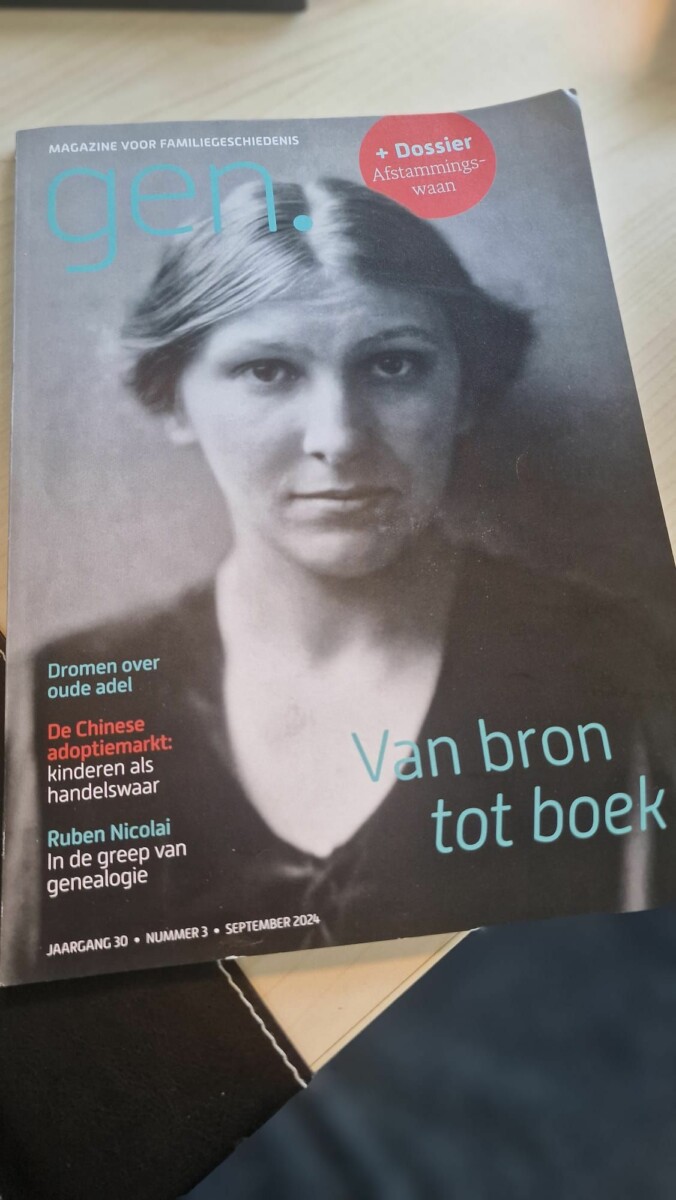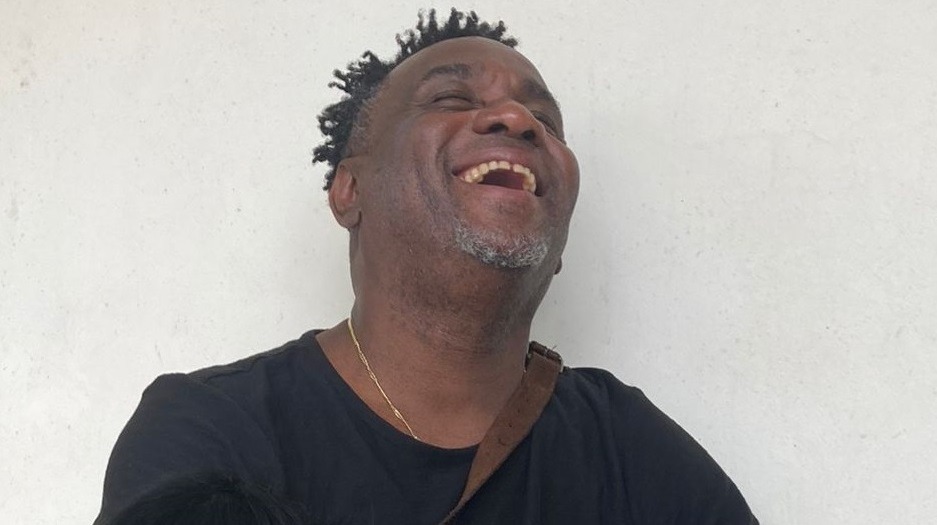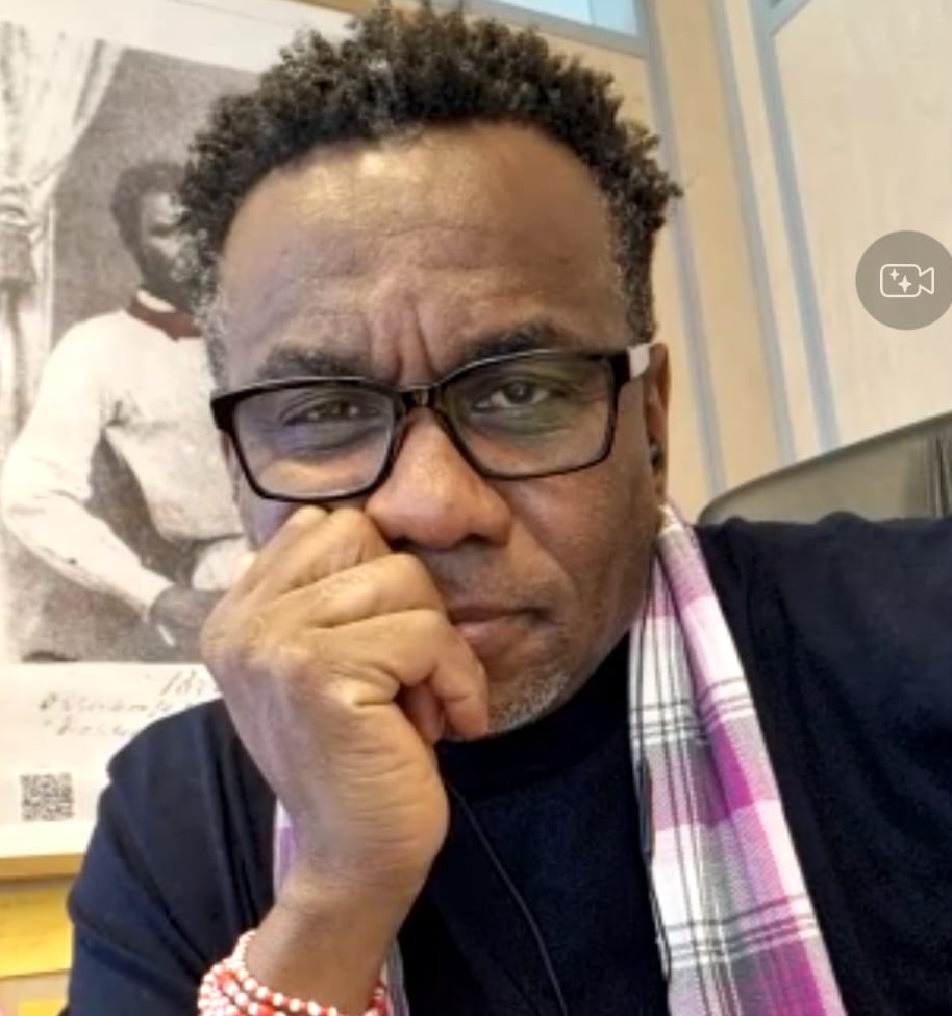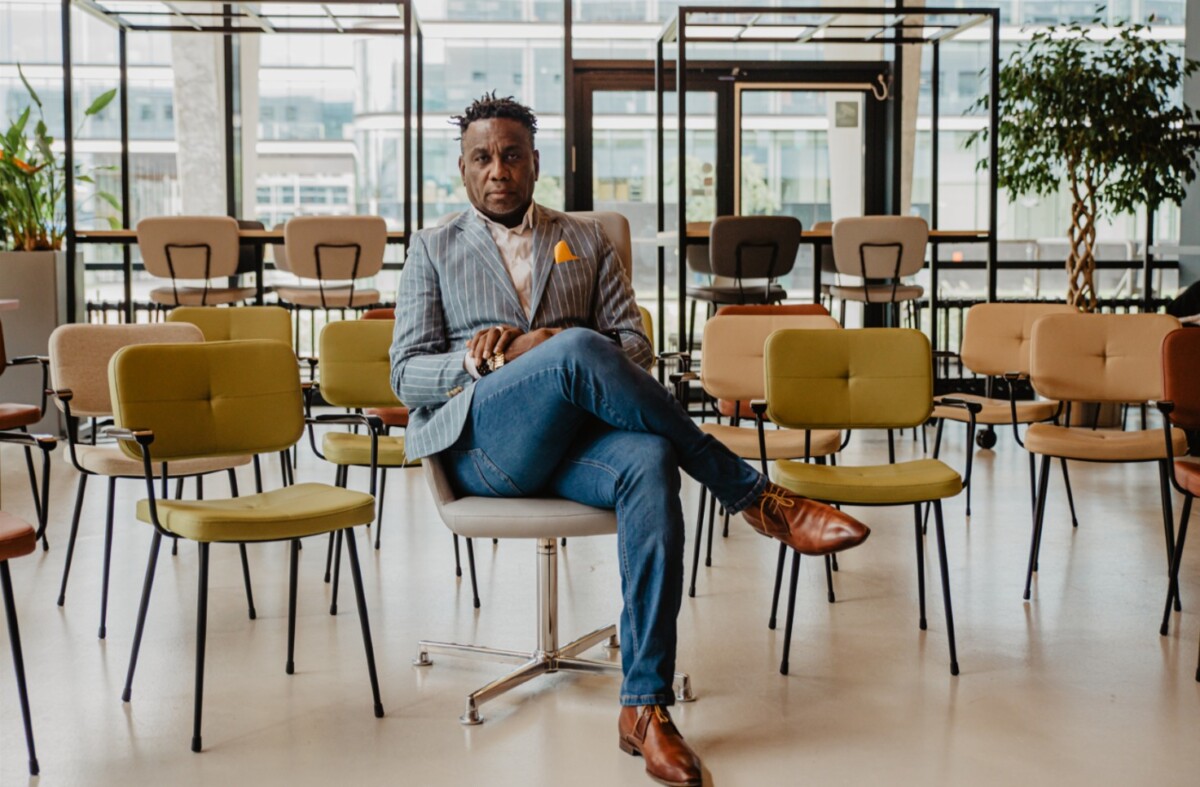By Keishel A. Williams
 AMSTERDAM — “The idea is to bring back the people from the Caribbean, to use the festival as a gateway to find their way back to West Africa.” Suriname-born Gilo Koswal and his Nana Mbroh Foundation are taking Kwaku Summer Festival – a summer festival that originated in Amsterdam Southeast– to Ghana in October for the first time. Kwaku Festival Ghana will take place at Efua Sutherland Children’s Park in Accra, Ghana from October 18 to November 3.
AMSTERDAM — “The idea is to bring back the people from the Caribbean, to use the festival as a gateway to find their way back to West Africa.” Suriname-born Gilo Koswal and his Nana Mbroh Foundation are taking Kwaku Summer Festival – a summer festival that originated in Amsterdam Southeast– to Ghana in October for the first time. Kwaku Festival Ghana will take place at Efua Sutherland Children’s Park in Accra, Ghana from October 18 to November 3.
Koswal, a former program manager of Kwaku Festival Amsterdam, decided this year was the right time to introduce the festival to the African country after the president of Ghana announced that this was the “Year of the Return.”
“A lot of people are interested in going to Ghana or to West Africa but they don’t do it,” Koswal explained over the weekend. “They talk about it; they think about it but they don’t make the first step. We hope they do with this festival.”
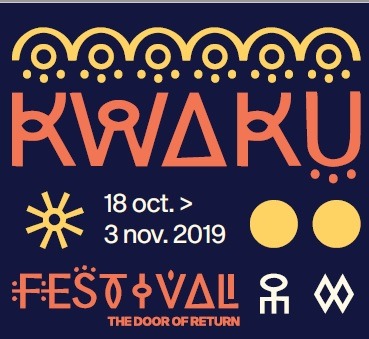
Kwaku Festival Ghana will highlight food, music, culture, and fashion that will help visitors from the African diaspora recognize the homogeneity that runs between Ghana and the Caribbean. Attendees can expect a mix of music like reggae (Jamaica), highlife (Ghana), kaseko (Suriname), tambu (Antilles), and more that will demonstrate how the “basic style of these sounds are recognized by everyone,” Koswal said.
The festival will feature the musical band Pasensi Famiri of Suriname and hope to welcome the spoken word artist Onias Landveld, and Surinamese DJ Splashmaster Gilly to the bill. Other fun activities such as old children’s games that are usually played in the Caribbean and Ghana will also be featured to showcase their similarities. “I see some game in Ghana where they draw squares in the sand,” Koswal explained. “They do it in Suriname and I saw it in Ghana.”
For this edition of Kwaku Festival Ghana, the focus is getting people from Suriname and the Netherlands to travel to Africa while future editions will extend the marketing to other Caribbean and European countries. However, everyone is encouraged to attend.
This year’s festival theme is “The Door of Return,” a nod to The Door of No Return from the House of Slaves where millions of Africans were shipped from as slaves never to return to African soil again. The festival is a way of bringing the diaspora home.
“That door is being our door of return, because not only do we come back, but we also bring along new skill sets we have acquired and the new identities that we have; but we still come back as children from the Motherland,” said Koswal. “We hope that on the other side of the door the people that stayed on the continent are waiting for us to welcome us back and embrace us.”
Koswal suggests people should take the trip to Ghana for the festival to learn about their history and understand that African history extends beyond slavery. In addition to the weekend festival entertainment, people can also take a tour of Ghana during the week. The tour is meant to create an emotional and spiritual connection to the country and its history. Depending on which trip package is purchased, visitors can be treated to “singing, dancing, storytelling, and libations” as part of their tour if they choose to have a deeper connection to Ghana. The Kwaku Festival Ghana website provides three packages to choose from for the trip.
“It is my responsibility to make you see and feel your history and that of our forefathers,” said Koswal. “I cannot bring you to dance and sing and enjoy being at the festival, without the emotional part.”
He wants the entire diaspora to have the opportunity to experience the Motherland firsthand by building this bridge between Ghana and the Caribbean, particularly Suriname. “Africa is not as bad as we hear. We hear the bad things, but we do not hear the good things; go and see for yourself.”

